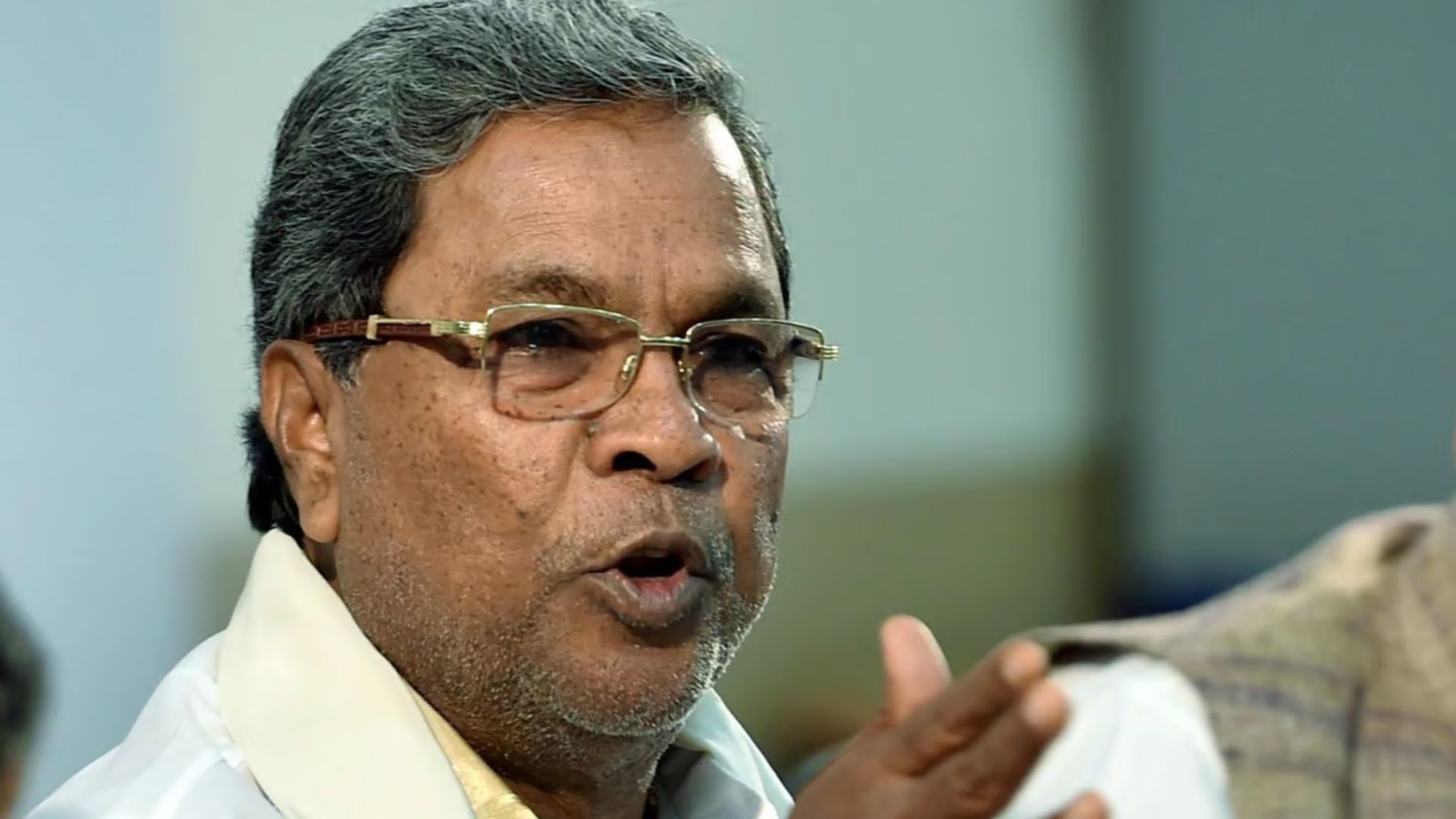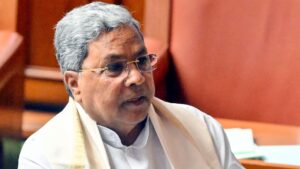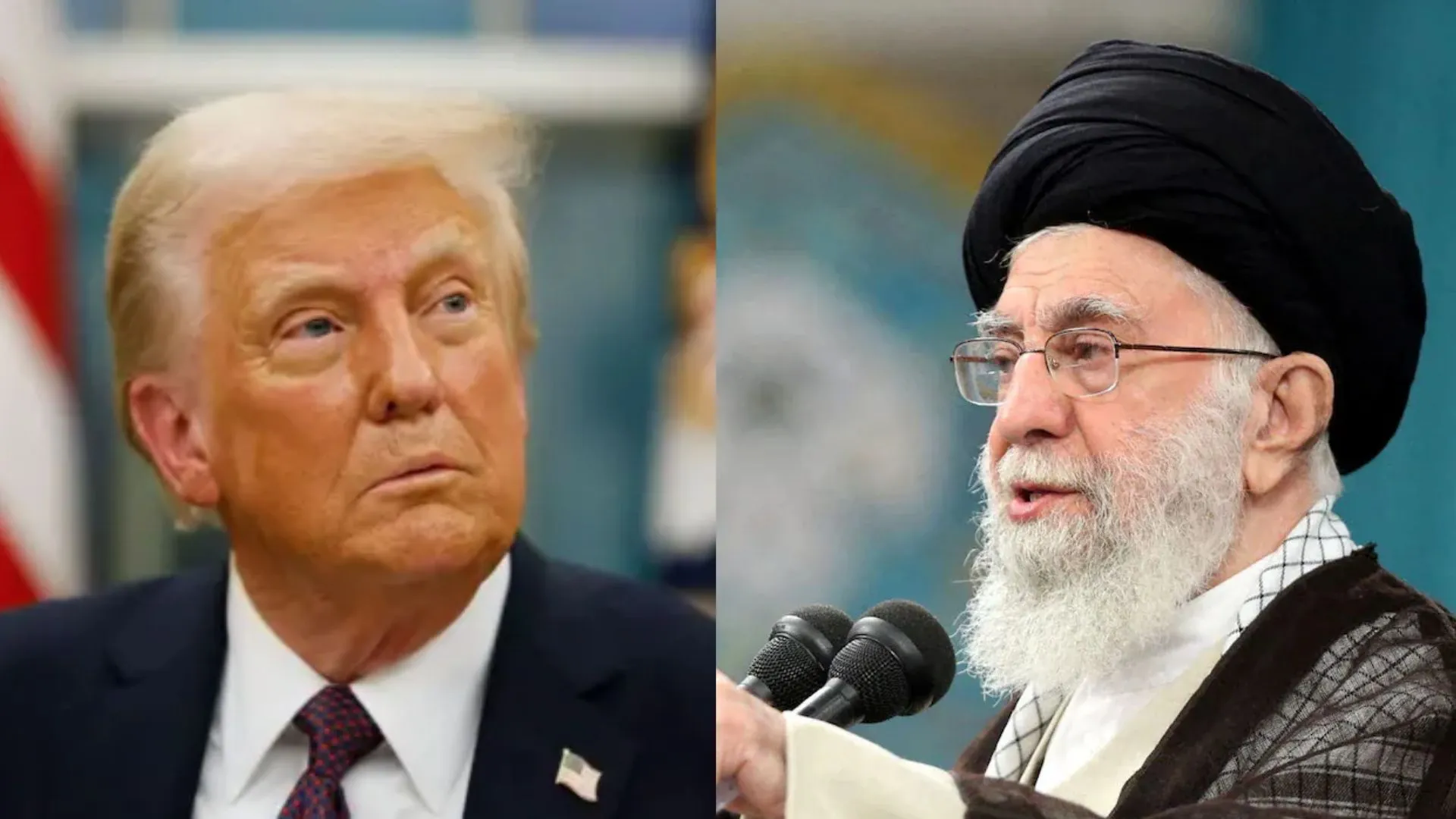The chief minister said that the Karnataka temple tax provision has been changed solely to raise money that will only be used for temples, despite false claims made by the BJP.
The Karnataka government’s decision to collect funds from temples with a gross income of ₹10 lakh and above has sparked a massive controversy. Chief Minister Siddaramaiah claimed that the issue had been misrepresented for political reasons. The chief minister said that the leaders of the BJP should be ashamed of themselves for making unfounded accusations that are intended only to mislead the public and divide people along communal lines in order to gain political influence. In order to pass the Karnataka Religious Institutions and Charitable Trusts (Amendment) Bill in the Assembly, the BJP applied pressure to the government. Temples will be required by this bill to pay taxes to the government based on their income. The Congress was denounced by the BJP, which called the action anti-Hindu.
The BJP should be ashamed of how it is dividing people by lying about the Karnataka temple tax, according to Siddaramaiah. According to the Karnataka government, the recent modification has essentially made temple admission free for up to 100% of ₹10 lakh in annual income, even though they have been paying taxes up to this point—even under the BJP government.
What is temple tax in Karnataka?
The government has expressed disapproval of the change, which requires temples with gross annual incomes exceeding ₹1 crore to contribute 10% of their earnings to a shared fund. For temples that earn between ₹10 lakh and ₹1 crore in gross annual income, the amount is 5%. According to Siddaramaiah, prior to the modification, the tax rate was 5% for temples with gross annual incomes of between ₹5 lakh and ₹10 lakh, and 10% for those with gross annual incomes exceeding ₹10 lakh.
“The recent change has been made solely to increase the size of the Community Fund. The community fund is managed exclusively for religious purposes related to the Hindu religion. The community fund has only been used for religious purposes of Hindu institutions since the law came into force.” “The law came into force in 2003 and will continue to be used for the same purposes in the future. It was not used for any other purpose or for the benefit of followers of other religions,” Siddaramaiah wrote.
All the money will benefit the Dharmik Parishad.
The allegations regarding the Karnataka government’s amendments to the Hindu Religious Institutions and Charitable Endowment Bill appear to be misrepresented for political gain. There has always been a mandate to create a common pool since the enactment of the Act in 1997. Before… pic.twitter.com/HQt0JxjU5j
— Siddaramaiah (@siddaramaiah) February 22, 2024
What is Common Pool Fund for Temples in Karnataka and what is Dharmik Parishad?
The government stated that more money was needed for the common pool fund, which is used for all religious purposes. For the benefit of pilgrims, the Dharmik Parishad is a committee that supervises all aspects of temple administration. As per the government, there are 3,000 temples in Karnataka that earn less than ₹5 lakh, from which ‘Dharmika Parishad’ receives no funding. Now that the revenue has reached 10% of ₹10 lakh, we have made sure that we are not required to pay Dharmika Parishad any more. We have scheduled the collection of five percent from temples with gross incomes ranging from ₹10 lakh to less than ₹one crore.
Temples earning more than ₹a crore account for ten percent of the total revenue. The Dharmika Parishad will receive the full amount, according to Minister of Transport and Hindu Religious Endowments Ramalinga Reddy. “We can offer the Dharmika Parishad insurance coverage if the funds reach them. In the event that anything happens to them, we want their families to receive at least ₹five lakh. We need between ₹seven and ₹eight crore to pay the premium, the minister stated.
























